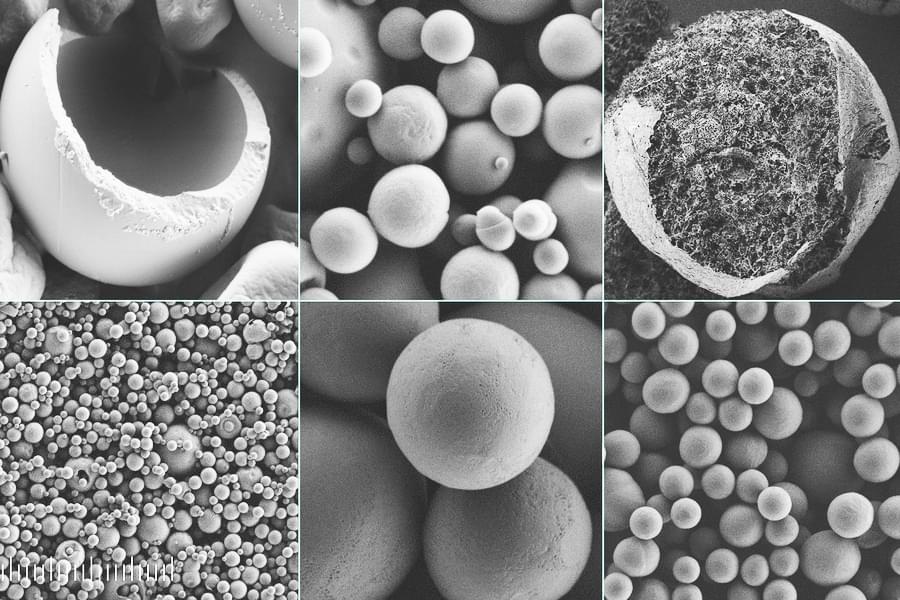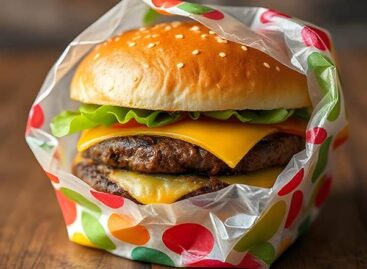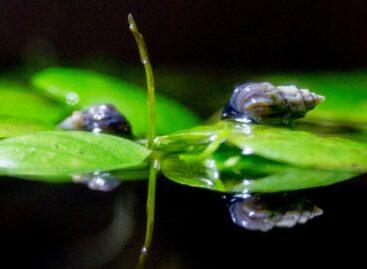Biodegradable silk could replace microplastics widely used in industrial products
Biodegradable silk could replace microplastics widely used in industrial products

Microplastics to be outlawed within the EU by 2025 / MIT News
According to ECHA, the European Chemicals Agency, an estimated 42,000 tonnes of microplastics are released into the environment each year as a result of being intentionally added to products like cleaning products or cosmetics. Once there, they do not biodegrade, and a recent report by the UNEP suggests that their long-term accumulation could impact ecosystem, wildlife, and human health. The silk-based protein developed by researchers at MIT and BASF could provide the first viable, biodegradable alternative.
Microplastics can be found in the air, water, soil, and the bloodstreams of people and animals. Around 10 to 15 per cent of them were added intentionally to products like paint, cosmetics, and detergents, generally to protect an active ingredient from premature exposure to air or moisture. With such microplastics due to be outlawed within the EU by 2025, scientists at the Massachusetts Institute of Technology (MIT) and chemical company BASF, have developed a silk-based alternative that is biodegradable, safe to digest, inexpensive, and easily manufactured.
Joanna Robertson / Springwise
Related news
Lifelong poisons – the new risk of food packaging
🎧 Hallgasd a cikket: Lejátszás Szünet Folytatás Leállítás Nyelv: Auto…
Read more >We can also reduce our carbon footprint with the color of our car – June 5th is World Environment Day
🎧 Hallgasd a cikket: Lejátszás Szünet Folytatás Leállítás Nyelv: Auto…
Read more >Extinction next door – The destruction of fauna and flora is present in every country
🎧 Hallgasd a cikket: Lejátszás Szünet Folytatás Leállítás Nyelv: Auto…
Read more >More new products
Home Start loan: MBH Bank has raised the stakes
🎧 Hallgasd a cikket: Lejátszás Szünet Folytatás Leállítás Nyelv: Auto…
Read more >









